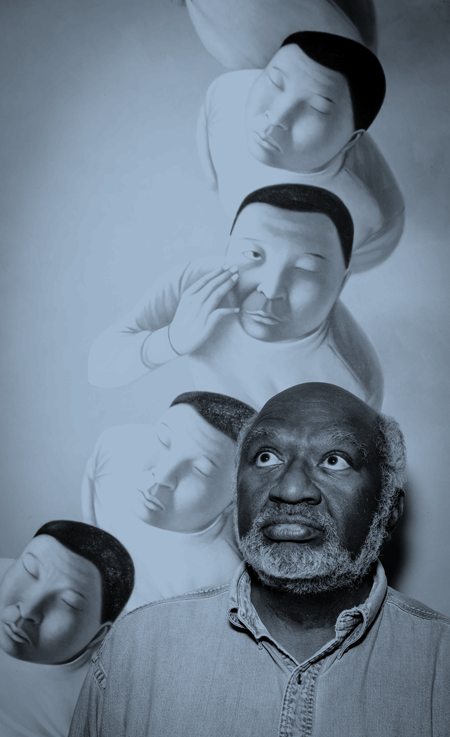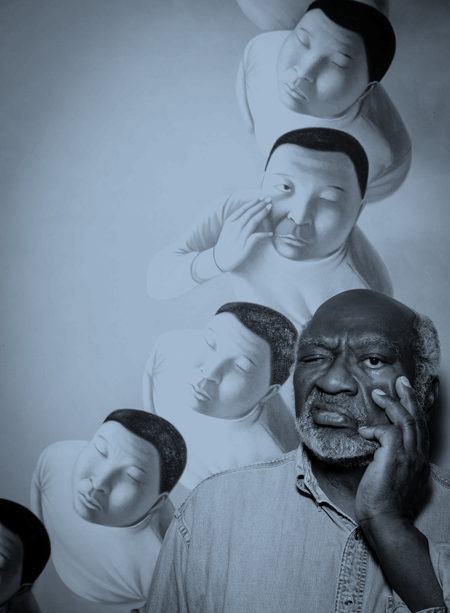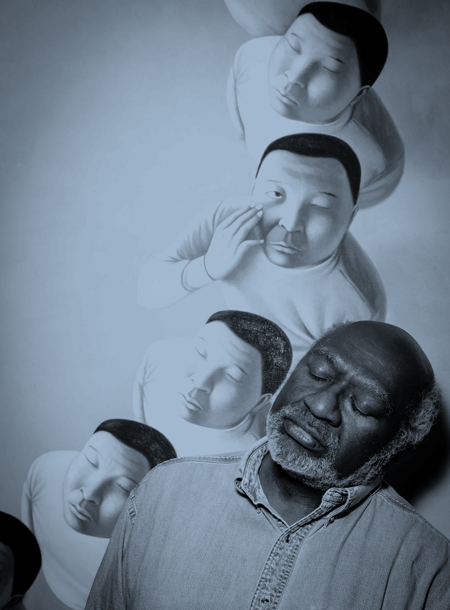Rosie's Last Shift
Naomi Parker Fraley, “Rosie the Riveter,” died Saturday, January 20th at ninety-six in Longview, Washington.
Fraley posed for the iconic poster while working at an Alameda, California factory in 1942. As World War II started ramping up, America’s factories ramped up as well. As much as anything else it was this country’s vastly superior industrial production that tipped the scales in the Allies’ favor. Plus the fact that America’s industrial infrastructure—its factories and railroads—weren’t vulnerable to aerial bombing raids as were Germany’s and Japan's. But America did face one serious challenge: Most able-bodied men were off fighting the war. Where to find the massive number of workers it would take to keep the factories humming?
Enter one of the most memorable and effective public relations campaigns in history: “Rosie the Riveter.” Almost overnight, the idea of women working in factories flipped from borderline sacrilegious to patriotic as Rosie and her counterparts stepped up to make the bombs and planes and guns that brought the Axis to its knees. And any idea that women couldn’t run complicated industrial equipment was quickly laid to rest; after making ruffled blouses and pleated skirts on a sewing machine, stamping out pieces for a B-52 was a piece of cake.
There were never more than 45 women working at Ford’s massive River Rouge complex prior to the war. But as the fighting escalated and women were called in to replace men sent to the front, women suddenly accounted for 12% of the 93,000-member work force. Of course after Japan surrendered, the bulk of the women were laid off and new ones no longer hired. At the end of 1945, women at River Rouge made up less than 1% of all hourly factory employees. It was time for them to step aside and give those jobs back to the white men who won the war.
Which was why popular culture and advertising of the postwar era so relentlessly portrayed women as domestic goddesses, to reinforce the message that their rightful place was at home changing diapers and baking cookies--not in some factory running a die press...




